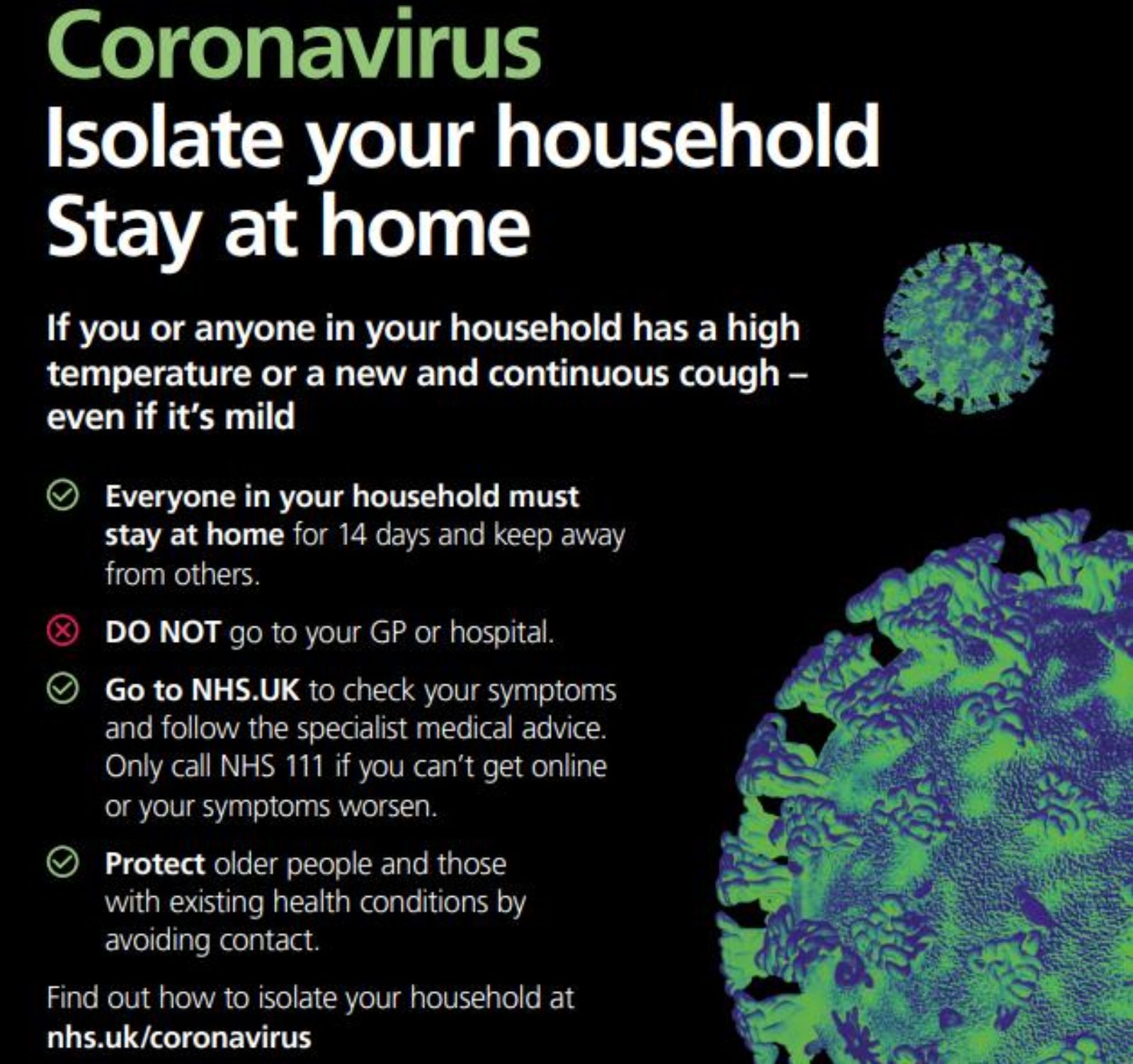Luke Pollard MP Member of Parliament for Plymouth Sutton and Devonport

This Page was last updated 11/05/20 at 12:00.
Latest statistics show that there have been 219,183 confirmed cases of COVID-19 in the UK. It is incredibly important that we keep this number as low as possible so that more lives that can be saved. You should self-isolate for 14 days if anyone in your house has symptoms, or for 7 days if you have symptoms. Outside of self-isolation, you should only go out for essential reasons to reduce the chance of viral transmission. Stay at home as much as possible to save lives.
Within the 219,183, there are 334 confirmed cases in Plymouth, however the true number is expected to be much greater than this. So far, 31,855 patients who have tested positive for COVID-19 in the UK have died.
As well as practicing social distancing, good hygiene practices are important as we attempt to keep the number of cases as low as possible to prevent the NHS being overwhelmed and putting hardworking staff at even greater risk. This means we all need to take care to wash our hands properly and use tissues when you cough or sneeze.
Currently, advice is to self-isolate for 7 days if you have a cough, shortness of breath or a fever, or for 14 days if you live with somebody who does (incubation period+infection period). If you think you may have been infected with the virus, DO NOT go to your GP or A&E, but use this website tool or advise relatives to call 111 if they do not have access to the internet. If you have any symptoms after your isolation period, you should continue to self-isolate.
It is incredibly important to take this virus seriously but not to panic – there is no need to go and clear out your local supermarket of toilet rolls. If everyone takes basic steps like practicing good hygiene, we will all be better off for it. Try to follow these guidelines:
- Wash your hands regularly with warm, soapy water for at least 20 seconds
- Catch coughs and sneezes with a tissue, bin the tissue, wash your hands
- Wipe down your phone/keyboard with an antibacterial wipe every so often
- Always wash your hands when you get home or into work
- Use hand sanitiser gel if soap and water are not available
- Try to avoid close contact with people who are unwell
- Avoid touching your eyes, nose and mouth
It is important to remember that wearing a surgical mask is not a substitute for good hygiene – surgical masks can become ineffective when damp, but have been shown to have some effect in reducing viral transmission if worn correctly.
Please remember that you are not just self-isolating for you, but to protect anyone you may otherwise come into contact with.

